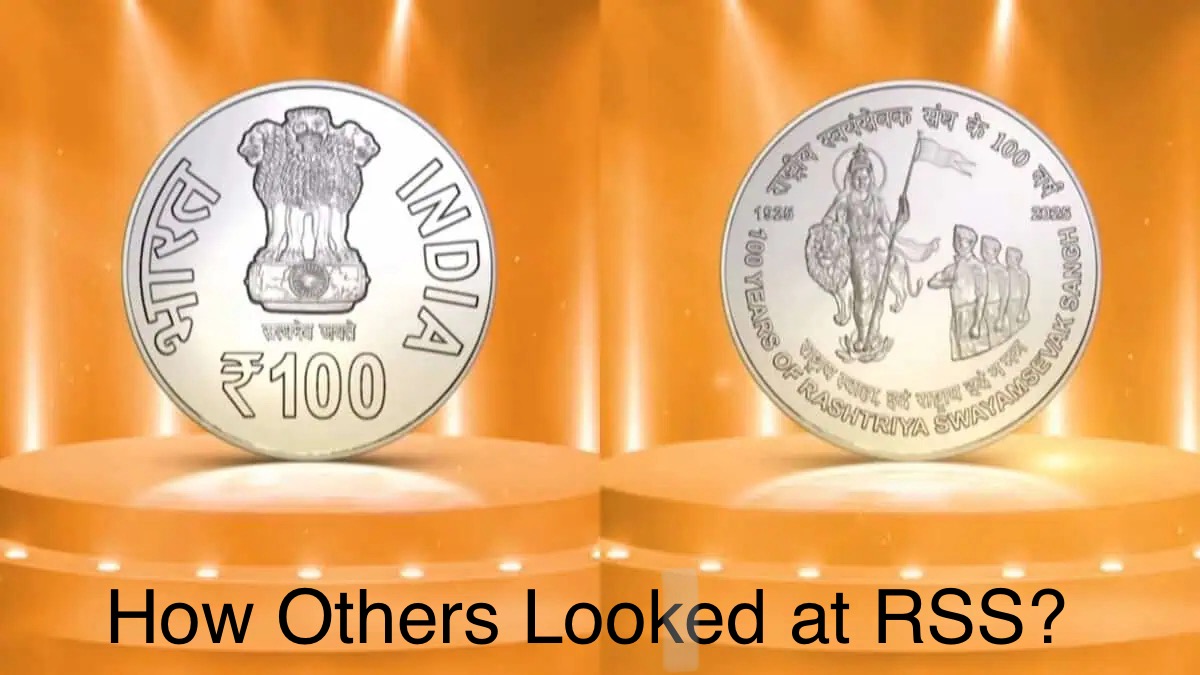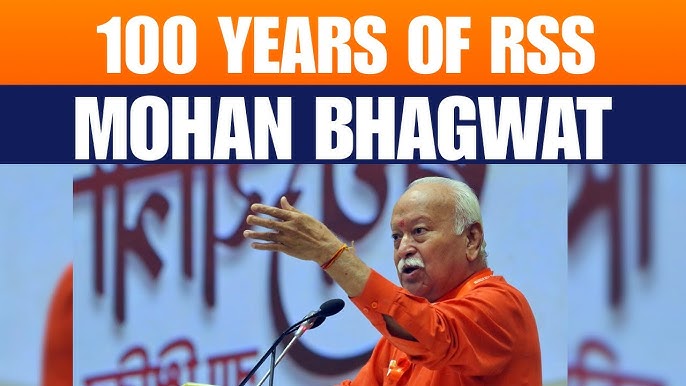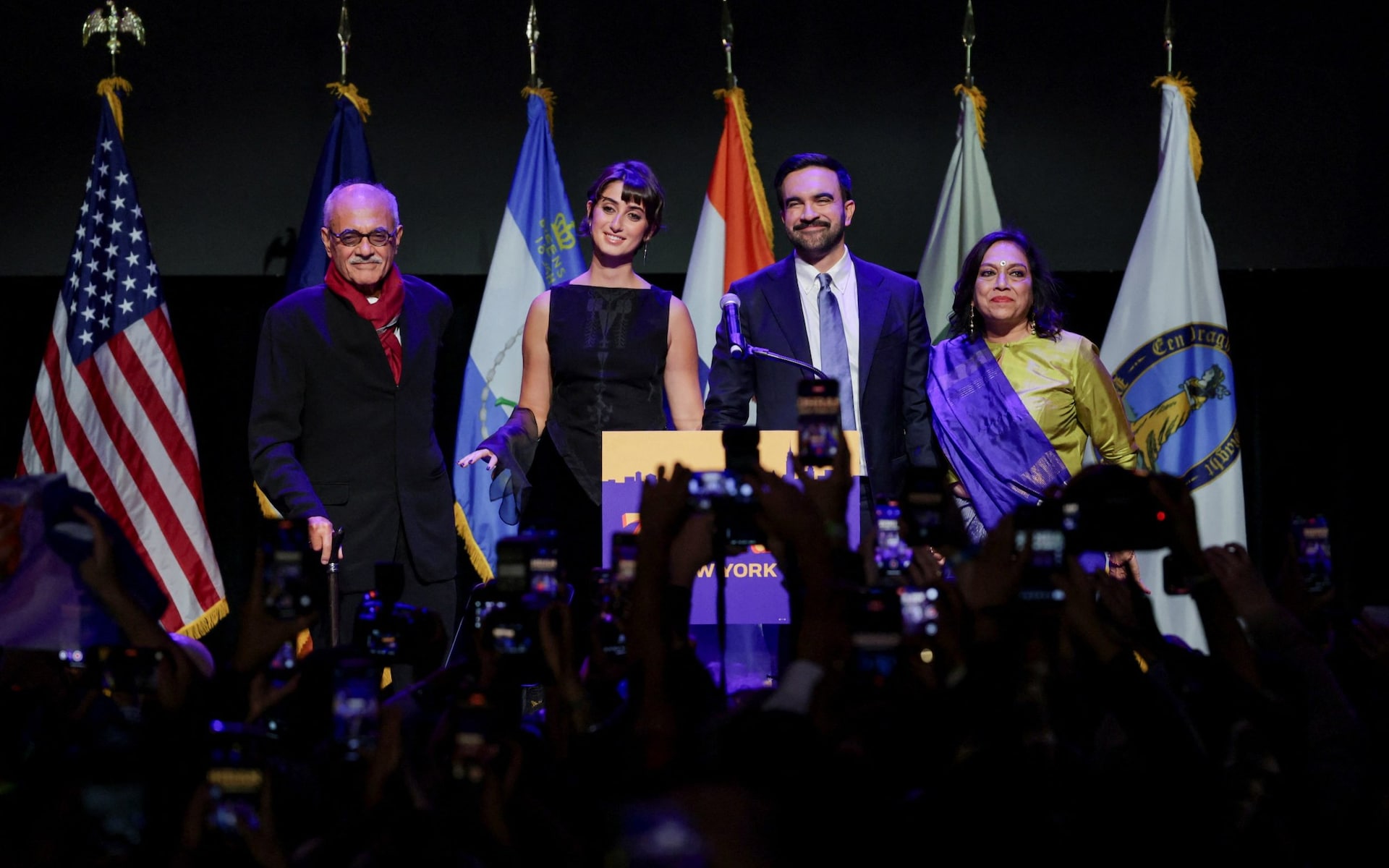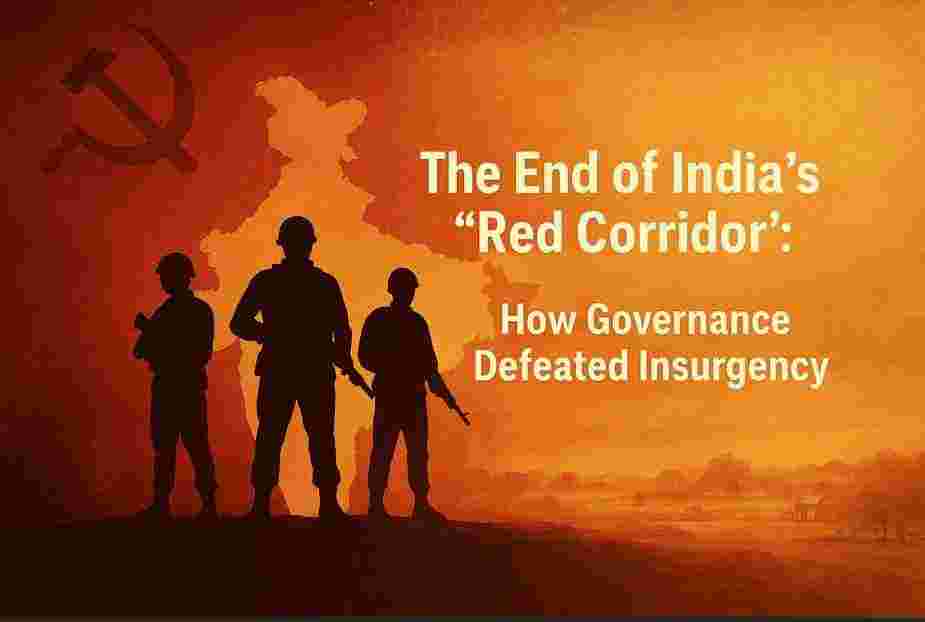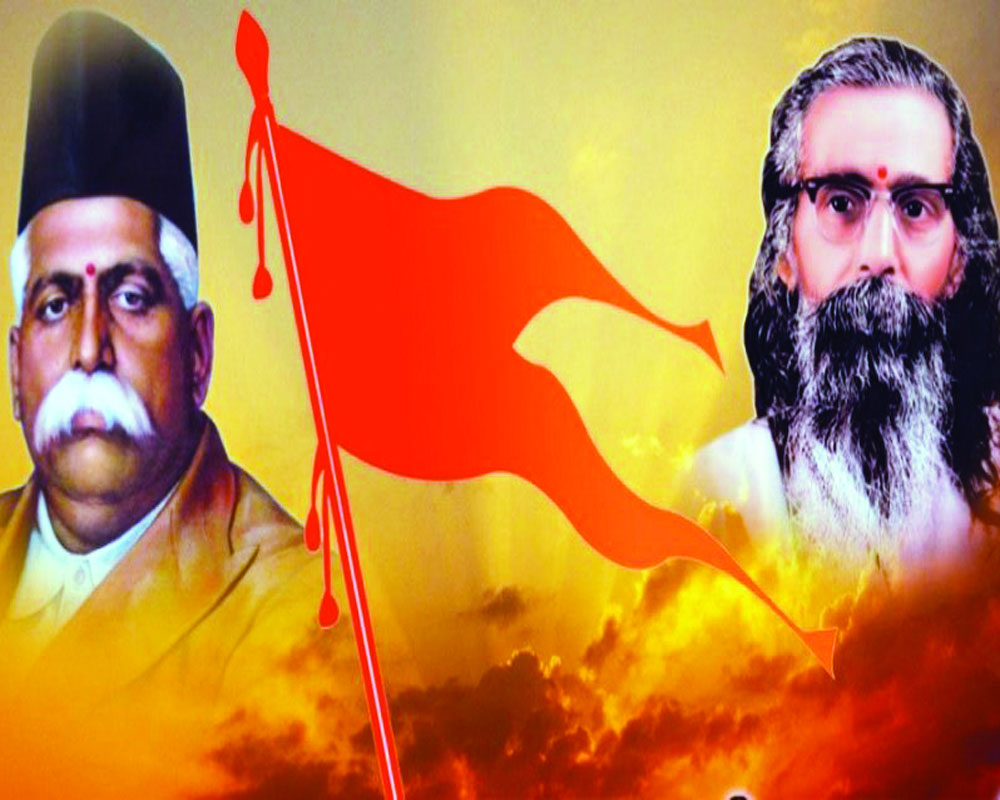
Madhav Sadashiv Golwalkar, popularly known as Guruji, served as the second Sarsanghchalak (Chief) of the Rashtriya Swayamsevak Sangh (RSS) from 1940 to 1973. His contributions to the Indian freedom struggle were indirect, and he focused on the main goal of RSS. The Rashtriya Swayamsevak Sangh (RSS) identifies Vyakti Nirman (individual development) and cultural nationalism (Hindutva) as its core objectives.
Vyakti Nirman translates to “building a person” and focuses on instilling discipline, selflessness, and a strong character in individuals, primarily through daily gatherings called “Shakhas”. The RSS believes that strong individuals are the foundation of a strong nation.
Cultural nationalism in the RSS context emphasizes:
- Hindutva: An ideology advocating a “Hindu Resistance” and the strengthening of the Hindu community.
- Indian Culture and Civilizational Values: Promoting an ideal of upholding Indian culture and its values.
Many RSS ideologues participated in the Freedom Struggle but Guru Golvarkar ji avoided direct involvement to avoid any ban on the organization which congress did after 1947. Below is an assessment of his role, drawing on available information and maintaining a balanced view.
Contributions Attributed to Golwalkar in the Freedom Struggle
- Encouraging Individual Participation:
- Under Golwalkar’s leadership, the RSS adopted a policy of not participating in the freedom struggle as an organization, as it was still in its nascent stage and focused on building a Hindu cultural and organizational framework. However, Golwalkar encouraged RSS volunteers (swayamsevaks) to participate in the freedom movement as individuals. Many RSS members joined movements like the Quit India Movement (1942) and other anti-British agitations, with some sacrificing their lives or serving prison sentences. For instance, RSS swayamsevaks like Ramakant Deshpande in Vidarbha and Hemu Kalani in Sindh actively participated in agitations, with Kalani being executed by the British in 1943 for his role in disrupting railway tracks during the Quit India Movement.
- Golwalkar’s strategy was to strengthen the RSS’s organizational base to promote Hindu unity, which he believed would indirectly support the broader nationalist cause by fostering a disciplined cadre of patriotic individuals.
- Support for Underground Freedom Fighters:
- Several RSS leaders provided safe havens for prominent freedom fighters who were operating underground. For example, Aruna Asaf Ali, a key figure in the Quit India Movement, was sheltered by Delhi Sanghchalak Lala Hansraj Gupta for 10–15 days. Similarly, socialist leaders like Achyut Patwardhan and Nana Patil found refuge in the homes of RSS members such as Bhausaheb Deshmukh in Pune and Pandit Shripad Damodar Satavalekar in Aundh. These actions indicate that while the RSS as an organization avoided direct confrontation with the British, its members supported the freedom struggle logistically.
- Expansion of RSS During Tumultuous Times:
- Golwalkar’s leadership saw the RSS expand significantly from 1940 to 1947, a critical period in India’s freedom struggle. He introduced the system of full-time pracharaks (organizational workers), which led to the establishment of RSS shakhas (branches) across India, including in Bengal, Punjab, and other regions. This expansion strengthened the RSS’s network, which later played a role in protecting Hindus during the communal violence of Partition. Golwalkar’s extensive travels—over 65 times across India—helped mobilize volunteers and spread the organization’s influence, indirectly contributing to national resilience during a turbulent period.
- Role During Partition Violence:
- During the Partition of India in 1947, Golwalkar led efforts to protect and rehabilitate Hindu refugees fleeing violence in Pakistan. The RSS organized relief efforts, saving millions of lives, particularly in Punjab and Sindh, where it had a strong presence. The English Tribune reportedly described the RSS as the “sword arm of Punjab” for its role in safeguarding Hindus during this crisis. This humanitarian work, while not directly part of the anti-British struggle, contributed to national stability during a critical juncture.
Contextual Analysis
- Strategic Pragmatism: Golwalkar’s decision to keep the RSS organizationally aloof from the freedom struggle was pragmatic. The RSS, founded in 1925, was still a young organization, and Guru Golvarkar’s direct confrontation with the British could have led to its suppression. By focusing on building a strong organizational base and encouraging individual participation, Golwalkar ensured the RSS’s survival and growth during a period when many organizations faced British crackdowns.
- Support for Refugees: The RSS’s role in protecting Hindu refugees during Partition was significant and earned it public support, which helped its post-independence expansion. This effort, while not directly anti-British, addressed a critical national crisis and aligned with Golwalkar’s vision of Hindu unity. RSS efforts of 25+ years created Hindu society which could resist the brunt of Partition of India. Britishers and Congress Party led by Gandhi/Nehru gave in to the Muslim League pressure and divided Bharat into two parts. RSS always stood for undivided India (Akhand Bharat)
- Ideological Divide: Golwalkar’s emphasis on Hindu Rashtra and his critique of territorial nationalism created a divide with the mainstream freedom movement. While this limited the RSS’s direct contributions to anti-British activism, it laid the foundation for its long-term influence on Indian politics and society through organizations like the Bharatiya Jana Sangh (predecessor to the BJP).
Conclusion
M.S. Golwalkar’s contribution to the Indian freedom struggle was indirect and shaped by his focus on strengthening the RSS as a cultural and organizational force. He encouraged individual RSS members to participate in the freedom movement, and many did so heroically, while the organization itself provided logistical support to underground leaders and played a significant role in refugee relief during Partition. However, his ideological commitment to Cultural nationalism and reluctance to engage in direct anti-British agitation led to criticisms that the RSS under his leadership prioritized cultural revival over the broader anti-colonial struggle. The debate over his role reflects the complex interplay between Hindu nationalism and India’s freedom movement marred with appeasement and British subservience, with Golwalkar’s legacy remaining a important topic in Indian history.
RSS role is to create individuals who will fight for India and RSS is successful in doing so in the last 100 years. RSS inculcated civilizational values, the sense of Hindutva in Hindus and helped connect them with civilizational roots.

